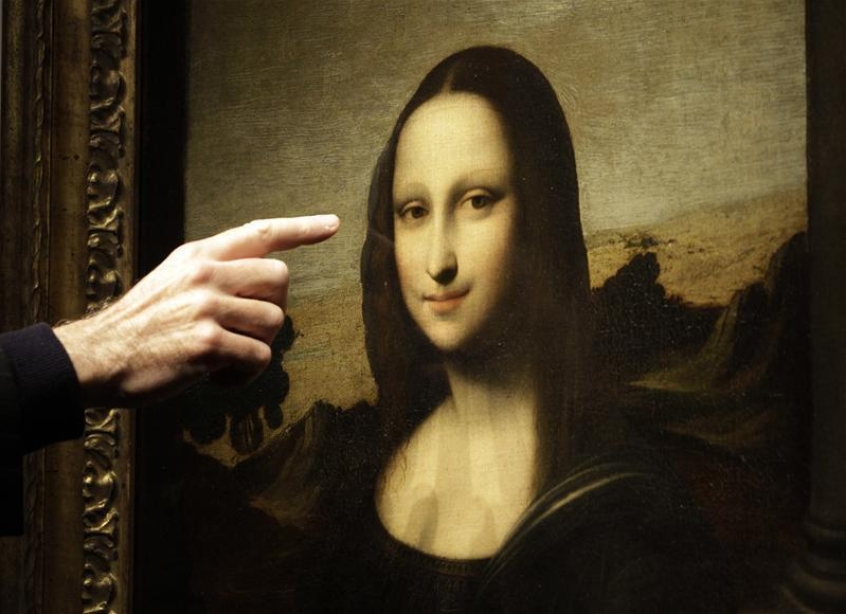Did Leonardo Da Vinci paint Mona Lisa with a smile or a frown? Art lovers have long debated over the famous painting, where Mona Lisa appears to have a changing expression but a new study from experts at the University of California could settle the arguments once and for all.

According to the researchers, a person's perception of Mona Lisa's expression depends on their own disposition at the time.
"If you see the Mona Lisa after you have just had a screaming fight with your husband, you're going to see [the painting] differently," study researcher Erika Siegel told the Daily Mail. "But if you're having the time of your life at the Louvre, you're going to see the enigmatic smile."
To test their theory, Siegel and her team conducted visual perception and neurology experiments among 43 participants. They were asked to view flashing neutral images with their dominant eye and flashing images with varying expressions of happiness, grief, fear or pain with their non-dominant eye.
Consciously, our perception relies on the dominant eye when faced with different images but what the non-dominant eye sees trickles through the subconscious deeper that it can influence the dominant eye's perception. Participants, therefore, were likely to consider a neutral expression as a happy face if that's what their subconscious processed.
"We are the architects of our own experience," Siegel said. "Our brain makes predictions about what it expects to see and uses information from the world to update its expectations."
Several scientific experiments have been done on Da Vinci's work of art over the years. In 2005, a Dutch research showed that 83 percent of participants thought Mona Lisa had a happy smile, while nine percent saw a disgusted expression and six percent saw a fearful face.
More recently, 97 percent of subjects in a University of Freiburg study said that Mona Lisa had a happy smile. It debunked the highly held notion that her expression was ambiguous.













